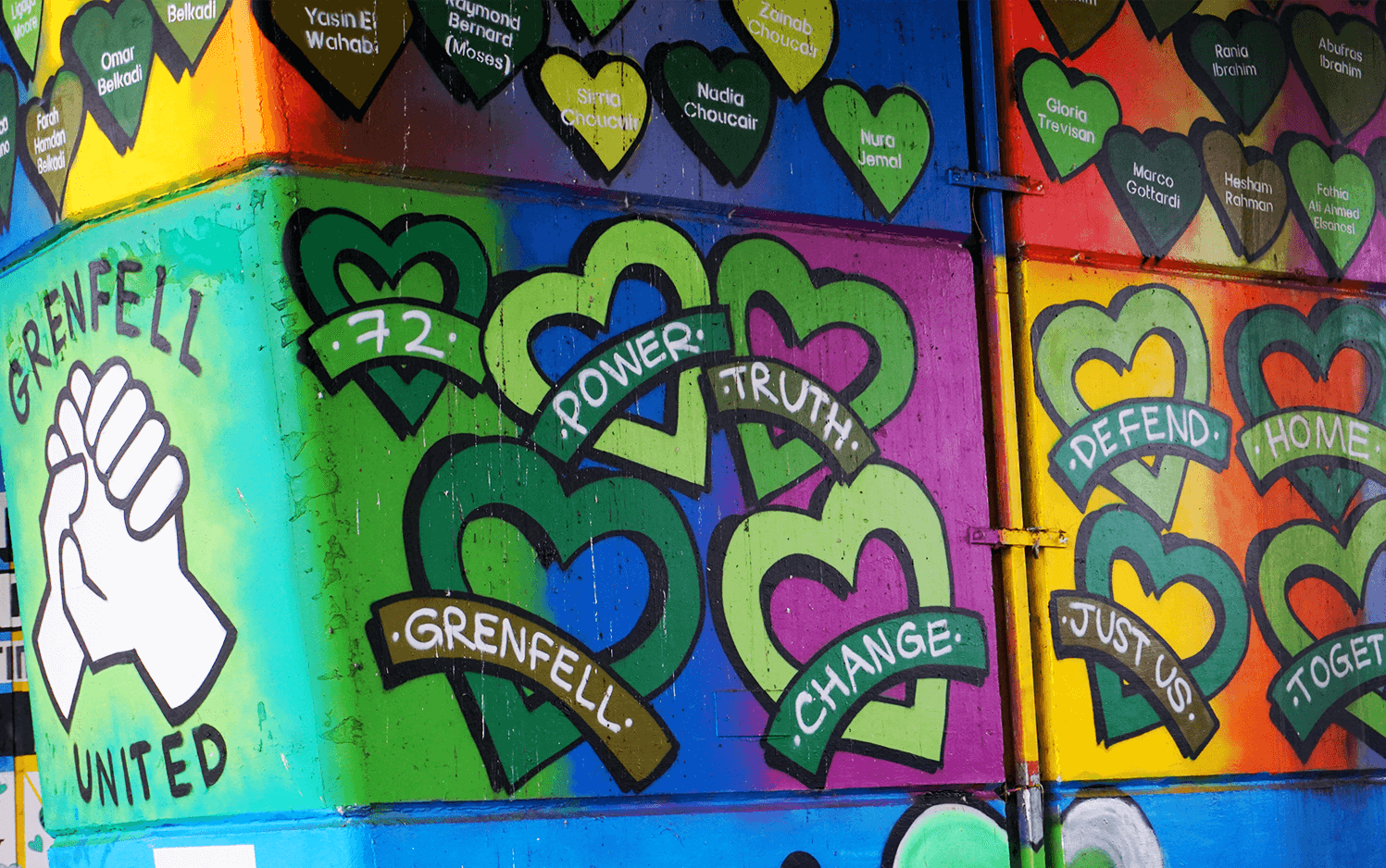Publish date: 10 February 2021
The Grenfell Health and Wellbeing Service (GHWS) has created a new job role for Community Connectors, in response to feedback from the local community over the past three and a half years. [1]
During public meetings, appointments with NHS staff, and feedback surveys residents had asked for more joined-up services, and a workforce that reflects the cultural diversity of the community, among other things.
Community Connectors will be employed by the NHS, they will be recruited from the community. They will work as part of the wider Grenfell Team, connecting people to the Grenfell Health and Wellbeing Service, as well as other organisations, social groups and wellbeing support to improve access to meet their healthcare needs.
The aim is to create a new way of working that focuses on empowering the community to shape and own its health and wellbeing services, through active participation.
The new development is also in line with the NHS Long Term Plan to provide more integrated, community-based healthcare, as outlined in the NHS’ Community Mental Health Framework for Adults and Older Adults
What the community asked for
Feedback from North Kensington residents on what the GHWS could do to improve services included:
- More coproduction with local organisations
- More culturally appropriate services
- Making the Service more visible in the community
- Having a service that reflects the diversity of the community
Employing Community Connectors is one of the ways that GHWS can meet these needs.
Community Connectors will be based in the North Kensington area. They will be employed by the NHS, some will be bilingual and will come from the local community.
It will encourage collaborative working, help to reduce health inequalities, and offer people more accessible support right at the heart of their community, among other benefits.
Learning from Grenfell
Through the lessons of Grenfell CNWL intends to adapt this innovative role in the borough of Brent, following an outbreak of covid-19 among ethnic minority groups. The outbreak was partly attributed to some cultural barriers to accessing health services and information. The Trust followed the Grenfell model, adapting it to Brent, and worked with community and local faith groups to offer tailored health and wellbeing services to residents, at local mosques, temples and community centres.
[1] There are many national and regional documents that informed this new approach, in particular:
- Journey of Recovery: Supporting health and wellbeing for the communities impacted by the Grenfell Tower fire disaster (JSNAs for Westminster & Kensington and Chelsea)
- Maybe Things Can Change: A BME Community Needs Assessment after Grenfell (Musawa: BME Community Consortium, July 2018)
- Mind the Gap: A Review of the Voluntary Sector Response to the Grenfell Tragedy (Muslim Aid, May 2018)
- Grenfell Voices
